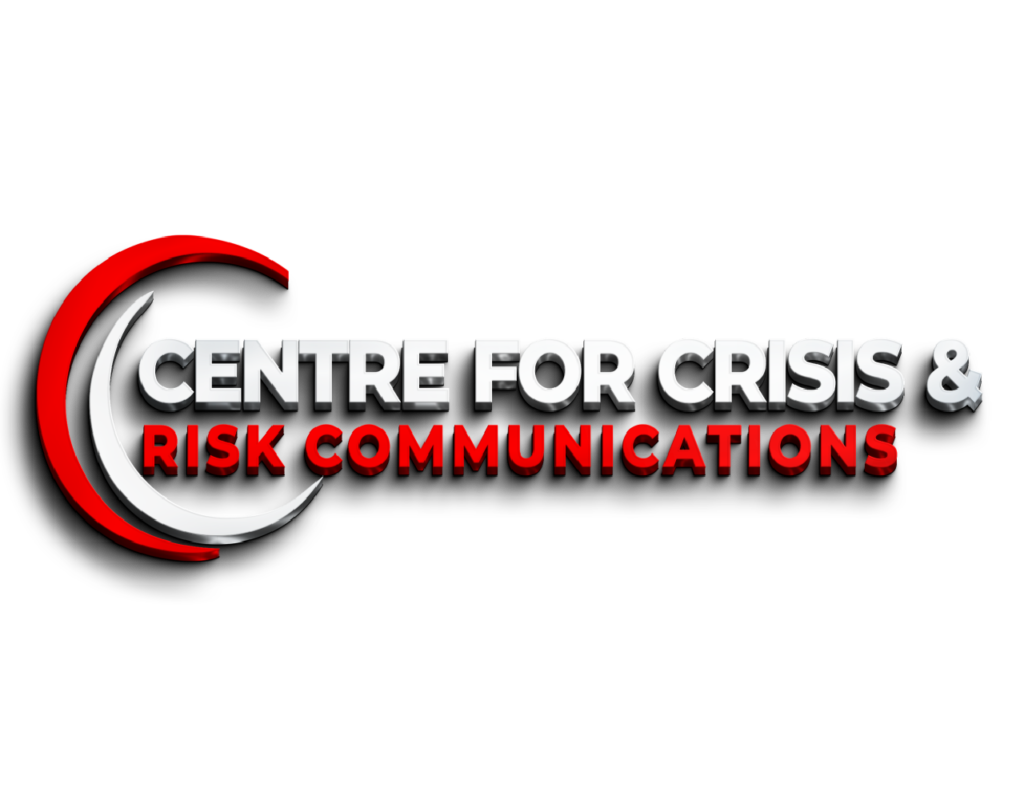By Jeff Angel, Principal, Centre for Crisis & Risk Communications
How did it come to be that in 2020, a country as well regarded as Canada, regularly ranked in the top 10 countries to live in the world, with numerous of our cities ranked as some of the most livable in the world, we seem incapable of resolving our own conflicts?
Is it a dearth of leadership? A lack of respect? Have we just stopped listening to one another?
I believe we must go deeper for the answers, but that the answers are there.
At the Centre for Crisis and Risk Communications (CCRC) centreforcrisiscommunications.com crisis communication, or for that matter any communication, needs to begin with empathy. To quote our Senior Advisor, Dr. Vincent Covello, “people need to know that you care before they care what you know.” This is not always easy, particularly when we may dislike the other person or the views that they hold, but it is critically important to establishing a link with our audience. Without empathy, we can lose our audience and come across like we’re simply yelling at the other side.
Dr. Covello, who has spent decades researching the brain science of how the brain receives and interprets messaging, and who has worked with the World Health Organization (WHO) on developing their messaging around infectious disease out breaks, uses a Caring Compassion Optimistic (CCO) messaging template (amongst others), to allow organizations to connect with the brains and hearts of their audience. The first three key messages sent out during a crisis need to follow the CCO template in order to build that empathy.
Have all the governments and other parties involved in the pipeline and solidarity protests demonstrated caring, compassion and optimism for the future, not to mention empathy for the other side? I’m not so sure.
At the Humphrey Group (THG), humphreygroup.com where I also provide business leadership and communication coaching and training services as a consultant, they take it a step further: they have recently launched a program called Authentic Leadership. In it THG stresses that values are at the heart of our authenticity and that our true values are what guide us more often than not. They challenge us to define our own values.
Having been a part of the launch of Authentic Leadership, I can speak directly to how it has helped me define my own values; they include professionalism, respect, kindness and clarity. When these values are not being met by a person or group I am dealing with, I will have a direct and clarifying communication with them, as soon as I can, (one that starts with empathy.) My coaching colleagues also know that these are my values, and I have asked them that when they see me not living up to them, that they let me know, (in a kind, respectful, professional and clear way.)
Without empathy and clearly defined values, successfully navigating a conflict filled world in 2020 becomes almost impossible. How you handle conflict will determine how you are seen as a leader and a person.
My ask to all of you reading this is not to rush out and solve the problems of the world, but to bring these skills into your own life, be it professional or personal. When you feel conflict arising, take a deep breath, and search for the empathy that you can find in the other person’s position. Use the CCO (Caring, Compassionate and Optimistic) template in the first three things you say during a conflict. The brain research is clear; people listen to us more when we demonstrate empathy for their point of view.
Then rely on your own values to guide you through the conflict. Take some time and define them beforehand. Use them as your North star to guide you through not just everyday life, but rely on them during uncomfortable or conflict filled situations. When we know, and can clearly articulate, our own values, and demonstrate empathy for other people, we are truly on the path to leadership and resolution.












